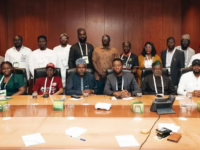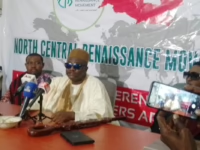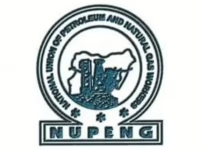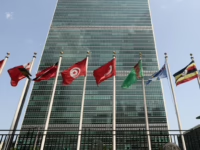The federal government has reaffirmed its dedication to elevating Nigeria’s micro, small, and medium enterprises (MSMEs) as the cornerstone of the nation’s economic revitalization.
At the 6th Annual Lecture of the Development Bank of Nigeria (DBN) held in Abuja on Thursday, Vice President Kashim Shettima, represented by Dr. Tope Fasua, the Special Adviser to the President on Economic Affairs, emphasized that MSMEs remain pivotal within the administration’s Renewed Hope Agenda.
He stressed that beyond implementing policy reforms, institutions like DBN play an essential role in equipping entrepreneurs nationwide with the necessary resources to succeed.
“MSMEs are far from marginal players; they form the backbone of our economy, providing over 80 percent of employment and contributing substantially to GDP. While the government focuses on policy clarity and infrastructure development, organizations such as DBN are vital collaborators in turning strategic goals into tangible outcomes,” Shettima explained.
The Vice President also highlighted President Tinubu’s comprehensive reform program, which includes the elimination of fuel subsidies, unification of foreign exchange rates, revitalization of infrastructure, investment in human capital, and enhanced international partnerships. These initiatives aim to invigorate entrepreneurship, attract foreign and domestic investment, and broaden opportunities for small-scale enterprises.
In his opening remarks, DBN Managing Director and CEO, Dr. Tony Okpanachi, revealed that the Bank had successfully disbursed over ₦1.1 trillion to MSMEs through 79 partner financial institutions, impacting more than 700,000 businesses across Nigeria as of December 2024.
Okpanachi described DBN not merely as a funding body but as “a catalyst for ideas, a developer of capabilities, and a committed ally in national progress.”
Additionally, Charles Odii, Director-General of the Small and Medium Enterprises Development Agency of Nigeria (SMEDAN), announced new initiatives aimed at boosting the global competitiveness of Nigerian SMEs. He outlined four key focus areas: streamlining regulations to facilitate export activities, establishing shared facilities like textile hubs, offering both financial and advisory support for business growth, and forging innovative logistics collaborations with companies such as God Is Good Logistics and Lifeworks.
“These targeted efforts, though incremental, are crucial to ensuring our SMEs gain international visibility and competitiveness,” Odii remarked, citing Nigeria’s recent accolade for the “Best Pavilion” at the International Africa Trade Fair as a testament to the progress made and the need to maintain this trajectory.
The event’s keynote speaker, Kenyan business leader Flora Mutahi, encouraged African enterprises to adopt scaling as a strategic approach to mitigate youth unemployment continent-wide. She highlighted the stark reality that while 10 to 12 million young people enter the job market annually, only 3 to 4 million formal employment opportunities are generated.
Participants at the lecture-including government officials, business owners, and development financiers-unanimously agreed that the future of Nigeria’s economy is intrinsically linked to the growth and success of its small business sector.
























